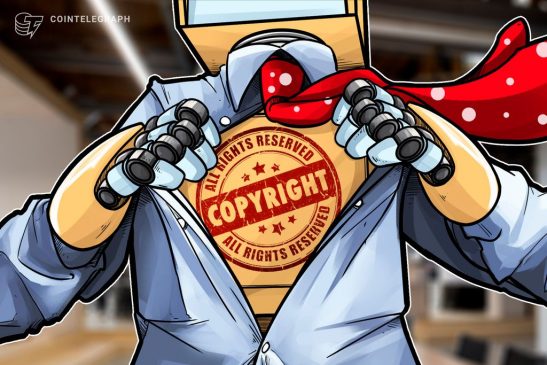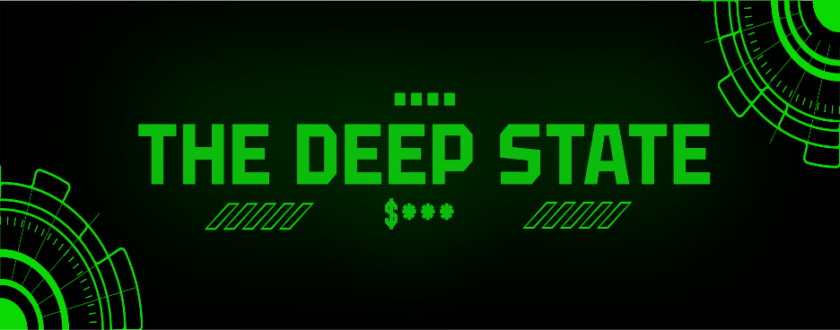2.
Again, the waters are murky here – even the World Intellectual Property Organization (WIPO) is vague on some of the details.
When it comes to tweets, WIPO says that, in actuality, some of them may be too short to qualify for the copyright protection usually enjoyed by authors. Why, you may ask? Because their short length means that they are “unlikely to reach the level of creativity required.” Of course, comedians creating witty one liners may beg to differ here – especially when so many of them have their content ripped off by other accounts, which pass off the content as their own without a credit. That said, there can be exceptions. A WIPO article back from 2009 cites experts as saying that a collection of tweets may be eligible to be copyrighted, which is pretty pertinent in light of longer character allowances and the popularity of threads, where posts are joined together.
You may think that you would be the exclusive holder of copyright to the content you post on other social media platforms, but WIPO says that it’s always worth reading the small print. In the past, if you uploaded photos to Facebook or videos to YouTube, they reserved the right to use the content you post. That said, on the bright side, both platforms offer mechanisms where posts that rip off your content can be taken down.
The dynamics of copyright on social media are ever changing. Recently, the EU voted in favour of two controversial provisions set out in a new copyright directive. Article 11 means tech giants such as Facebook and Google, as well as aggregator sites, would need to pay news outlets whenever they link to their stories or share excerpts of their articles. Meanwhile, Article 13 would mean video-sharing sites need to obtain licenses to show music videos, in the hope this would improve remuneration for artists.




